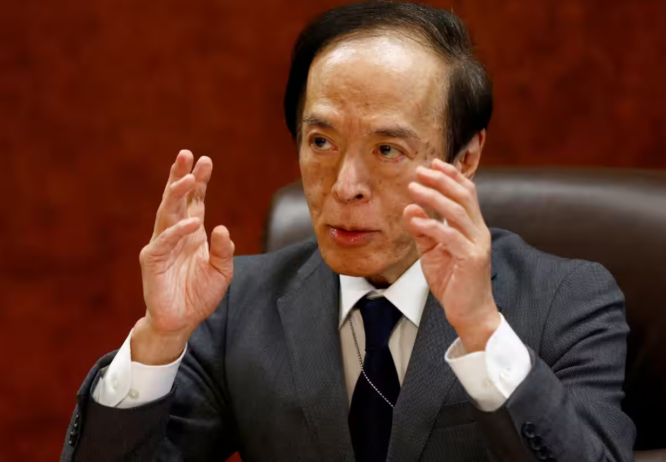BOJ maintains record-low interest rates at policy meeting 2023

Despite stronger-than-expected inflation, the Bank of Japan maintained ultra-easy monetary policy on Friday, signaling it will remain a dovish outlier among global central banks and sustain a shaky economic recovery.
The central bank also reiterated Governor Kazuo Ueda’s recent statement that it will “patiently” prolong enormous stimulus and maintain its assessment that inflation will decrease later this year.
On Thursday, the European Central Bank boosted borrowing prices to a 22-year high and signaled more rises, unlike the BOJ. On Wednesday, the Federal Reserve said it will continue fighting inflation.
“Despite upside surprises on the growth and inflation fronts, we believe the BOJ will maintain the status quo for another year or so to assess whether the economy is on track to achieving 2 per cent inflation within Governor Ueda’s five-year term,” said Oxford Economics’ head of Japan Economics, Shigeto Nagai.
As predicted, the BOJ maintained its -0.1% short-term interest rate objective and its 0 percent 10-year bond yield cap under its yield curve control (YCC) policy.

“Uncertainty regarding Japan’s economy is very high,” the BOJ noted in its announcement
After the statement, the yen sank 0.3 percent to 140.72 against the dollar and 153.925 versus the euro, a 15-year low. After the ruling, Japan’s 10-year government bond rate fell to 0.4 percent, below the maturity’s implied 0.5 percent ceiling.
Markets are watching Ueda’s post-meeting press conference for clues on how soon the BOJ could adjust YCC and his thoughts on the yen’s ongoing drops, which raise import prices.
“The BOJ is not in a hurry to tweak policy on the view the side-effects of YCC aren’t so large,” said Totan Research head economist Izuru Kato.
But it may be obliged to intervene if the yen falls more and raises import costs, angering the populace. A strong yen collapse might cause a YCC change.” On Friday, Finance Minister Shunichi Suzuki warned reporters that excessive currency volatility was bad for the yen.
Core consumer inflation touched 3.4 percent in April, holding over the BOJ’s target for nearly a year, fueling market predictions the bank will phase down YCC this year. Even if inflation and wages rise, Japan’s painful memories of decades of deflation may prevent Ueda from acting quickly.
Though central bank officials have stated an increase in inflation won’t automatically change policy, the BOJ’s July quarterly review is expected to raise its inflation projection. Ueda said the BOJ will consider a policy change if wage growth and inflation rise together.
Japan’s economy rebounded from the pandemic in the first quarter, with strong business and consumer spending offsetting weak exports.
